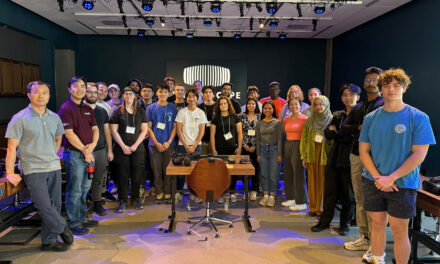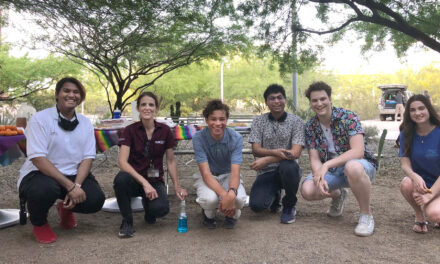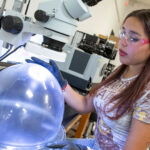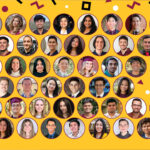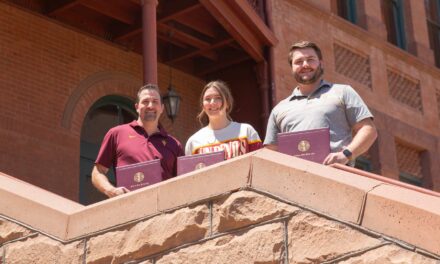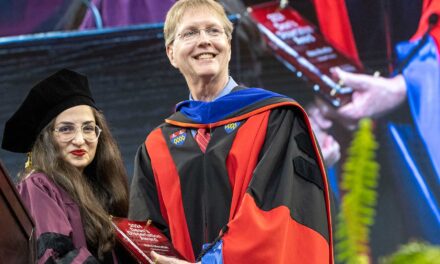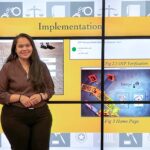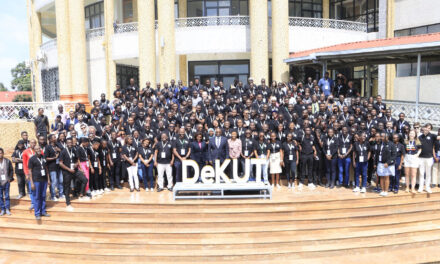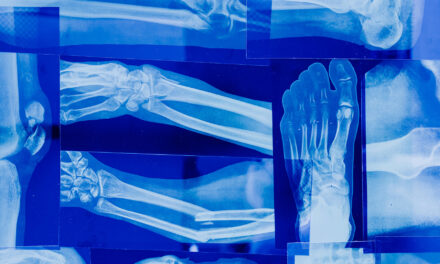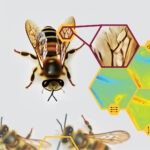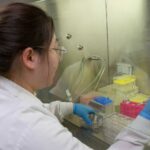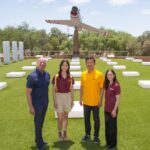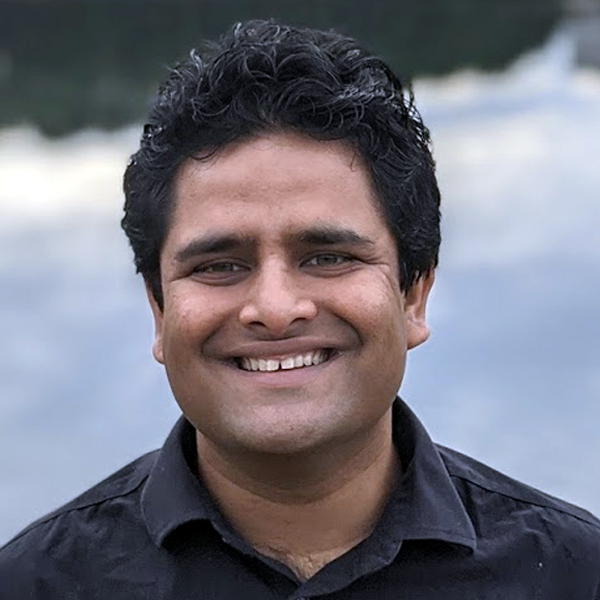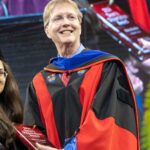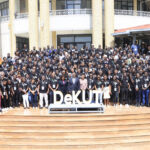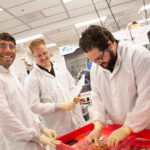
New Faculty Member, 2022–23
Nakul Gopalan
Assistant Professor, Computer science and engineering
Nakul Gopalan has a fascination for human minds, especially how they learn novel functions and the potential for translating that power into robotics.
“I was introduced to machine learning through adaptive controls as part of engineering,” Gopalan says. “I also have a background in biology so that helped fuel my curiosity toward the human mind. I saw an application of machine learning in robot learning, chose that as my master’s thesis topic and have stuck with it ever since.”
Although much progress has been made in this field, Gopalan believes we are only scratching the surface.
“Historically, it has been a human goal to codify and replicate our system of thinking,” he says. “We have not made much progress in teaching robots concepts that are learned by two-month-olds to two-year-olds, like learning language and skills like grasping novel objects. I want to bridge the gap for robots by enabling them to learn high- and low-level representations and skills to solve novel tasks.”
Gopalan will continue exploring this concept as an assistant professor of computer science and engineering in the School of Computing and Augmented Intelligence, one of the seven schools in the Ira A. Fulton Schools of Engineering at Arizona State University.
“ASU is one of the best places to be for research in artificial intelligence and has faculty members doing cutting-edge work in robotics, planning and learning,” Gopalan says. “I work in language grounding and robot learning, which are adjacent to these areas and help provide the right amount of overlap for collaboration and defining novel problems. The School of Computing and Augmented Intelligence has a strong student body which is critical in doing good research.”
As he prepares to teach a special topics course within CSE 598 this fall semester, Gopalan hopes to get students interested in robot learning and language. In the future, he aims to teach courses related to artificial intelligence and machine learning.
“In my new role, I want to democratize the programming of robots to do novel tasks, which requires robots to learn from people in a similar way to how people learn from each other,” Gopalan says. “My research on learning from language will help solve this, enabling robots to ask questions for clarity and helping them become better partners when working with people.”
Gopalan’s most notable professional accolade includes winning the RoboNLP Best Paper Award in 2017 for “A Tale of Two DRAGGNs: A Hybrid Approach for Interpreting Action and Goal-Oriented Instructions.”
Meet the newest faculty members of the Fulton Schools of Engineering here.
Written by Annelise Krafft






